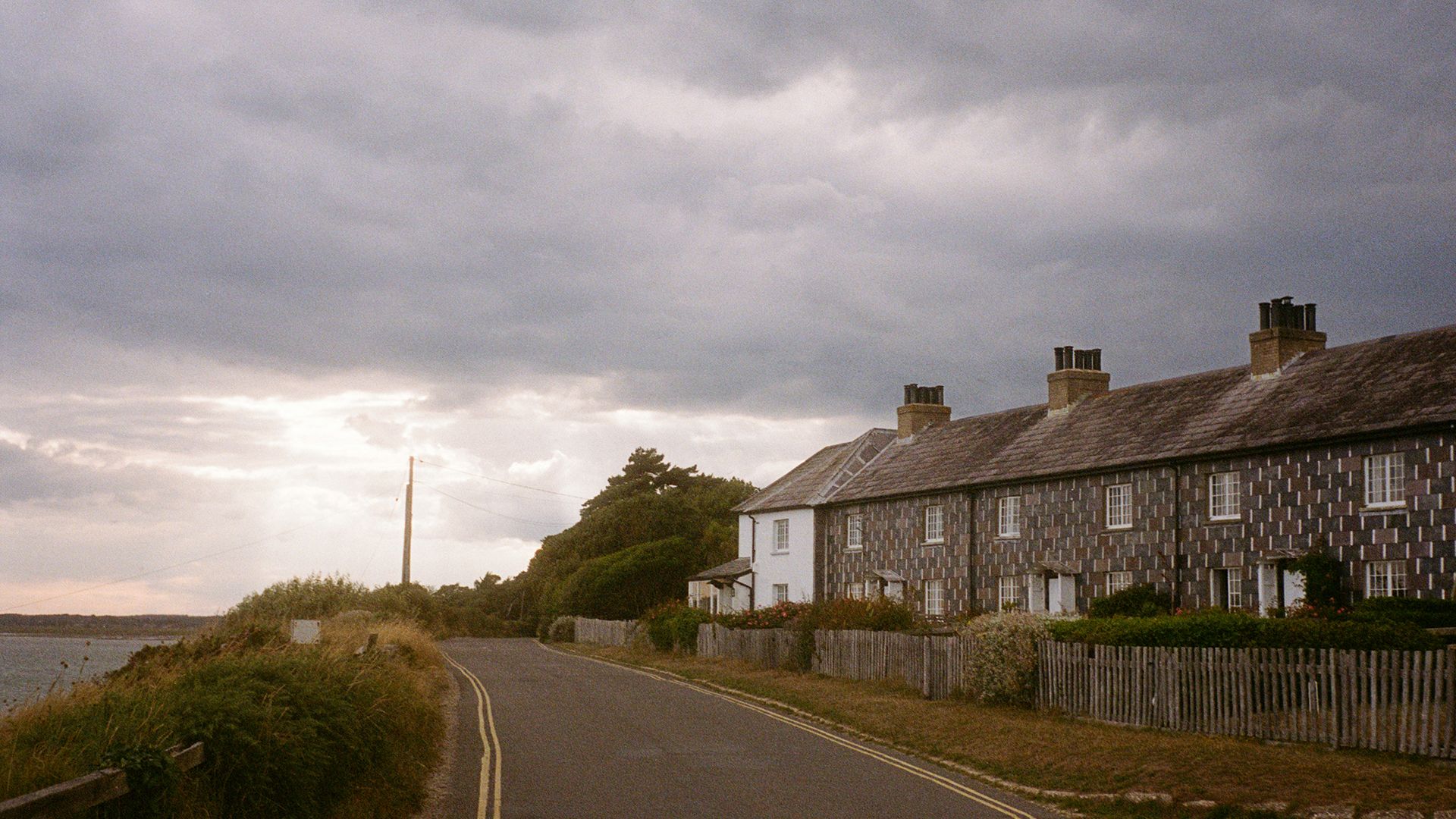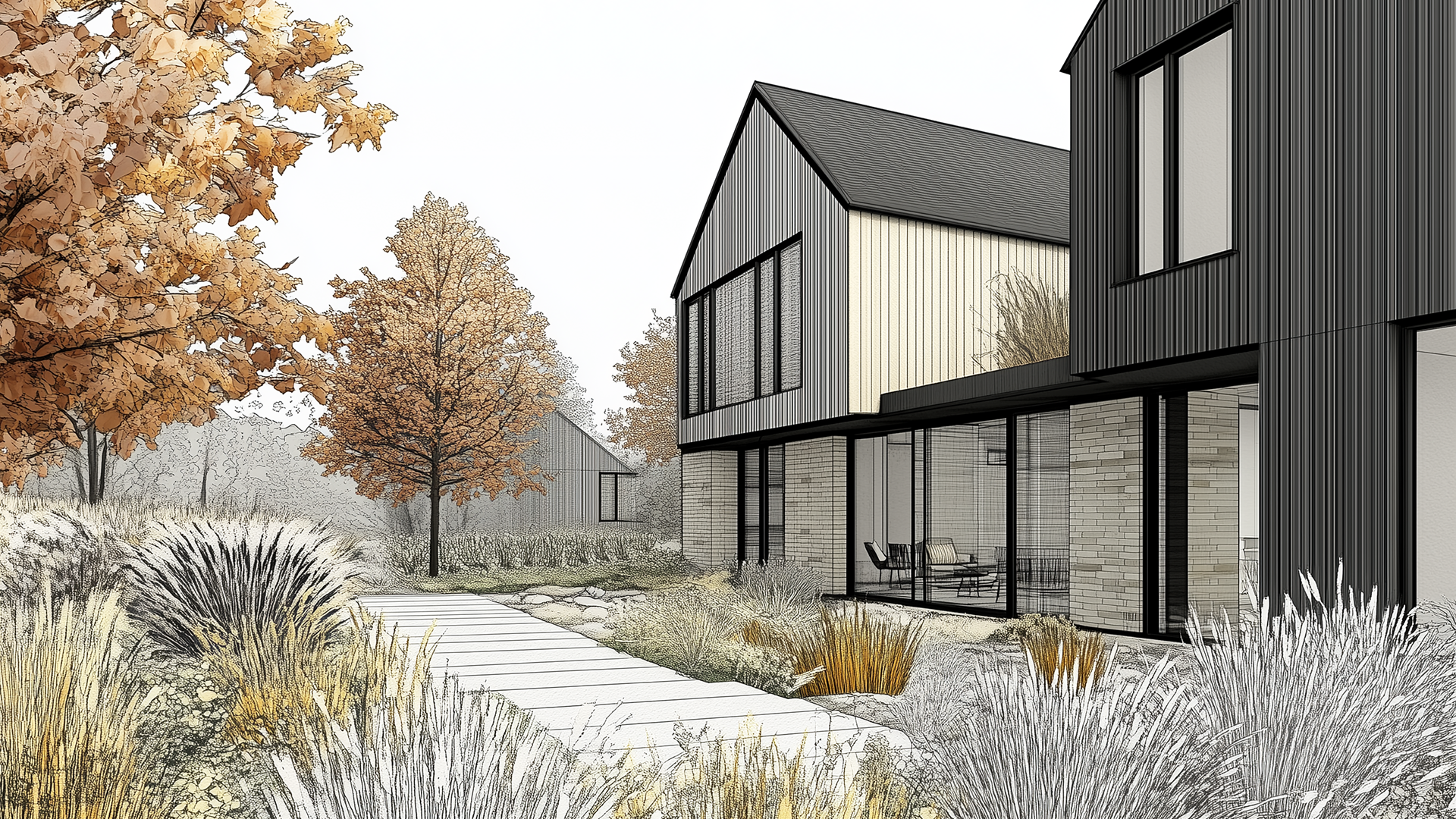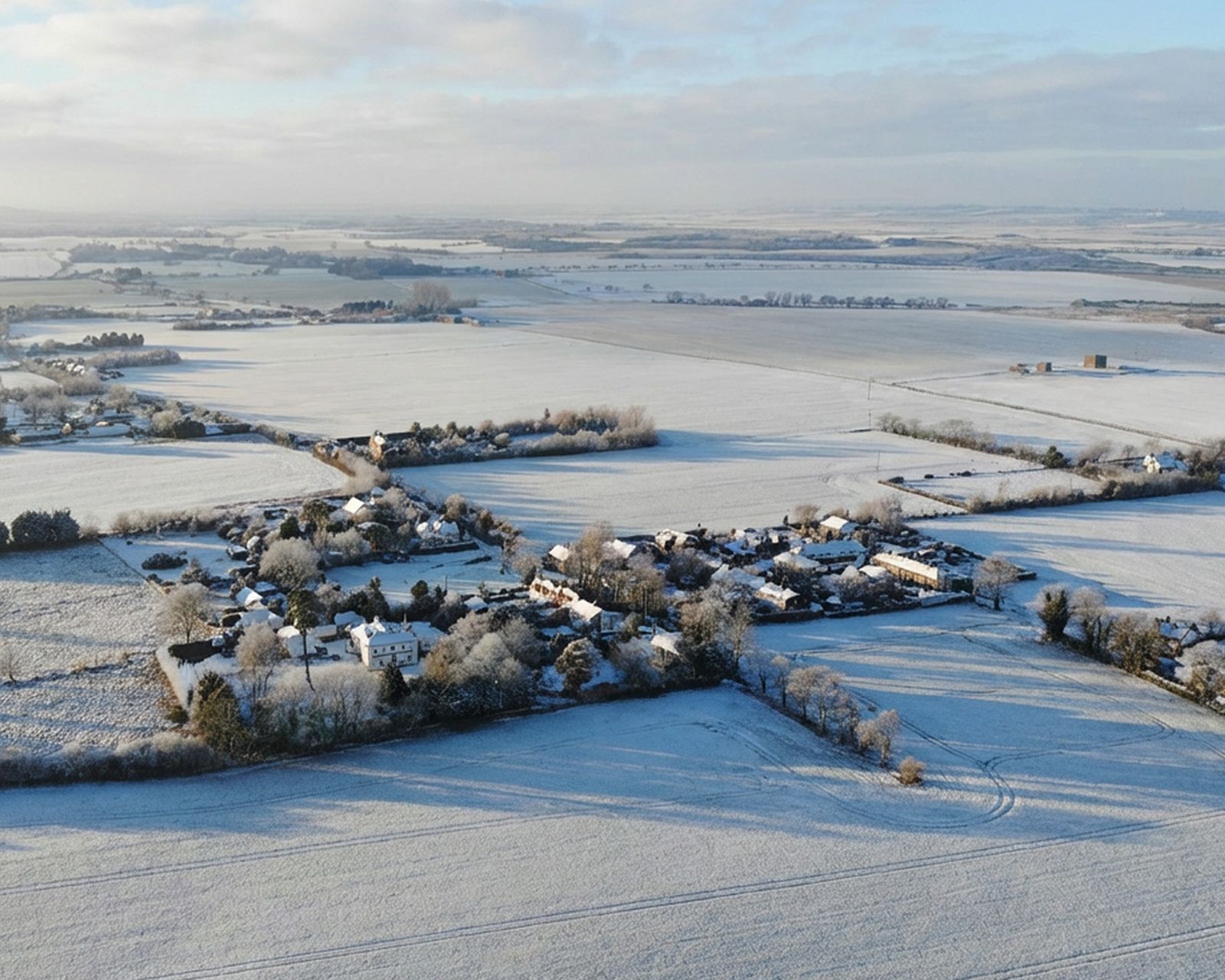What makes good rural housing development?
By Sally Ormiston | 24.07.25
The availability, affordability and suitability of rural housing remains one of the UK’s most pressing and contentious challenges. High-quality rural development must go beyond simply building homes. It must be about placemaking.

As the Government aims to build 1.5 million new homes, many rural authorities face big increases in the number of houses they are required to deliver. Coupled with a relaxation of rules on developing on Green Belt land – there are more opportunities than ever for rural housing development.
We know we need homes in the countryside – we have a lack of affordable housing, ageing populations, high rates of second-home ownership, and younger generations unable to find suitable housing. School closures, struggling local services, and limited job opportunities are all symptoms of underinvestment in rural communities which must be addressed if we are to close the productivity gap. When delivered well, rural housing development can revitalise communities, support the economy, and build resilience for generations to come.

The risks of getting it wrong
Rural communities are understandably cautious about new development. Objections often centre on fears about the loss of green space, pressure on local infrastructure, and damage to the unique character of villages and landscapes. These concerns are valid, as poorly located, or generic developments risk becoming commuter estates; disconnected from local life and offering little benefit to existing residents. That’s why high-quality rural development must go beyond simply building homes. It must be about placemaking – creating sustainable, thriving communities where people want to live, work, and grow.
Successful rural development takes a joined-up approach from the outset, one that is rooted in the place itself and informed by the people who live there. When designed and delivered with care, new rural homes can bring many benefits and enhance rural vitality.
New residents support local services, schools, and businesses, helping to preserve essential amenities and reduce rural isolation. Development can enable rural enterprise, hybrid and homeworking, and job creation through better infrastructure and new spaces.

Key ingredients for successful rural development
At Rural Solutions, we’ve supported rural housing projects across the UK and have identified several common features of successful, sustainable development.
Considered design: Use of local materials, architectural styles, and masterplans that respect and enhance the identity of the place.
Environmental sustainability: Developments should be low impact, with strong sustainability credentials such as renewable power, energy efficiency, and green infrastructure.
Landscape first: A landscape-led approach can manage visual impact, integrate green space, protect natural assets, and provide recreational opportunities for residents.
Scale and location: The number and location of homes should be proportionate to the existing settlement and located with access to services and transport in mind.
Housing mix: Include homes for all life stages - from first-time buyers and families to older residents, with a range of tenures, including affordable housing options.
Community infrastructure: New housing should support or enhance local amenities that benefit all residents, such as community hubs, workspaces, and play areas.
Early engagement: Meaningful dialogue with local communities and stakeholders from the start helps shape developments that are place making, not place breaking.

Looking ahead
With the right vision, rural development can bring new life to places at risk of decline. But we must not sacrifice long-term sustainability for short-term gain. If rural housing is inevitable, it must be carefully planned, community-focused, and environmentally sound. It can support the renewal of rural Britain – not just in homes, but in opportunity, resilience, and quality of life.
Find out more
Arrange a call with a member of the team or request a copy of our ‘Rural Placemaking’ portfolio. Please get in touch via email info@ruralsolutions.co.uk or phone 01756 797501. We’d be delighted to help.
Sally Ormiston is a Director at Rural Solutions
We are using cookies to give you the best experience on our website. You can find out more about which cookies we are using on our cookie policy.


